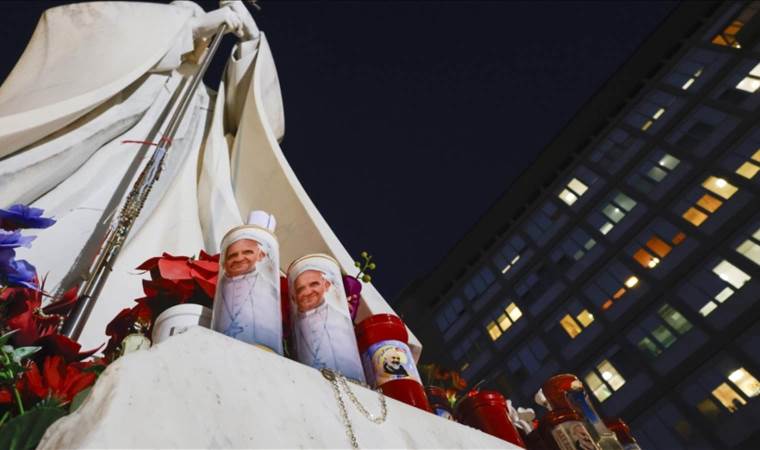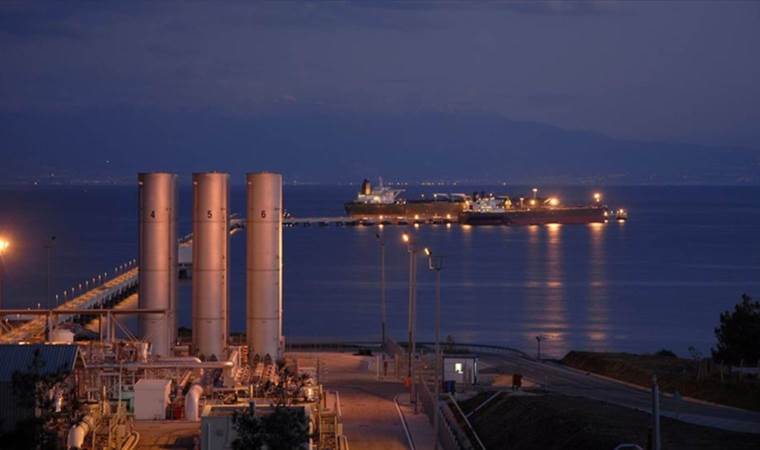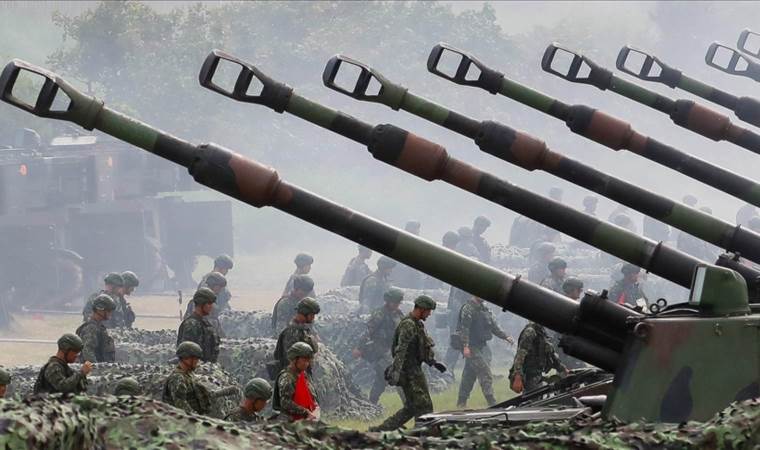US pressuring South Asia in order to promote its own interests: Lavrov
Sergey Lavrov becomes the first Russian foreign minister to visit Bangladesh since its independence in 1971.

The US and its allies are pressuring South Asian countries in the name of a so-called Indo-Pacific Strategy to promote their own interests in the region, Russian Foreign Minister Sergey Lavrov said Thursday.
Lavrov was speaking at a joint press briefing with his Bangladeshi counterpart AK Abdul Momen in the capital Dhaka.
He arrived in Dhaka on Thursday for high-level talks on bilateral issues, becoming the first Russian foreign minister to visit Bangladesh since its independence in 1971.
Lavrov said that among the main goals pursued by the US are to contain China and isolate Russia in the region.
“If we look at the situation and analyze it, we can clearly see that the US and its allies are truly trying to promote their interests in the region in the so-called Indo-Pacific Strategy. Their goal is clearly to distract China and isolate Russia in the region. And on a more global scale, it’s part of NATO’s expansionist drive,” he said.
He praised Bangladesh, however, for its position amid the changing situation in the region despite US pressure.
Momen meanwhile called Bangladesh’s foreign policy “balanced.”
“We follow our own interests. We are maintaining an independent policy. Our objective is to resolve all the issues through dialogue and discussion," he said.
Trade between Russia and Bangladesh to rise
Lavrov assured that trade relations between Russia and Bangladesh would be further strengthened, saying trade between the two countries totaled almost $3 billion.
“Bangladesh is the second biggest partner of Russia in South Asia,” he said.
He blamed US sanctions on Russia for a disruption in the supply chain for Bangladesh’s first nuclear power plant project.
Russia is helping Bangladesh construct its first nuclear power plant in Rooppur, about 160 kilometers (99 miles) northwest of the capital, with a $12.65 billion investment and is financing up to 90% of the total cost of the project as credit.
In December last year, because of US sanctions on Russia over the Ukraine war, Bangladesh denied entry to a Russian ship that was carrying equipment for the nuclear plant.
Lavrov said Moscow is moving fast to find alternative options due to the US sanctions.
He said however that the Russian flagship project nuclear power plant in Bangladesh “will go on in a consistent manner.”
Russia on Rohingya crisis
Criticizing the West's role in the Rohingya crisis Lavrov said he supports the continuous negotiations of the working groups between Bangladesh and Myanmar.
“We believe that outside actors should limit themselves to reaching a favorable condition for finding an acceptable solution (to the Rohingya crisis),” he said.
More than 1.2 million Rohingya Muslims forcibly displaced from Myanmar live in camps in Cox's Bazar, Bangladesh and Bhasan Char, an island in the Bay of Bengal.
Most of the refugees fled a brutal military crackdown in August 2017 in Rakhine, a state on the western coast of Buddhist-majority Myanmar.
Most Read News
-
 Ahmet Süha Umar: Our friend Trump
Ahmet Süha Umar: Our friend Trump
-
 Our friend Trump
Our friend Trump
-
 Egg prices in US set to rise 41.1% in 2025; bird flu bla
Egg prices in US set to rise 41.1% in 2025; bird flu bla
-
 Pope had restful night but condition remains critical:
Pope had restful night but condition remains critical:
-
 Oil exports through Türkiye's Ceyhan Port expected to re
Oil exports through Türkiye's Ceyhan Port expected to re
-
 Russia, US have 'mutual understanding' Putin-Trump meeti
Russia, US have 'mutual understanding' Putin-Trump meeti
-
 China says arms purchases 'won’t protect Taiwan independ
China says arms purchases 'won’t protect Taiwan independ
-
 Bosnian court sentences Serb leader Dodik to a year in p
Bosnian court sentences Serb leader Dodik to a year in p
-
 Death toll from Sudanese military plane crash rises to
Death toll from Sudanese military plane crash rises to
-
 Hamas to hand over bodies of 4 Israeli captives on Thurs
Hamas to hand over bodies of 4 Israeli captives on Thurs










